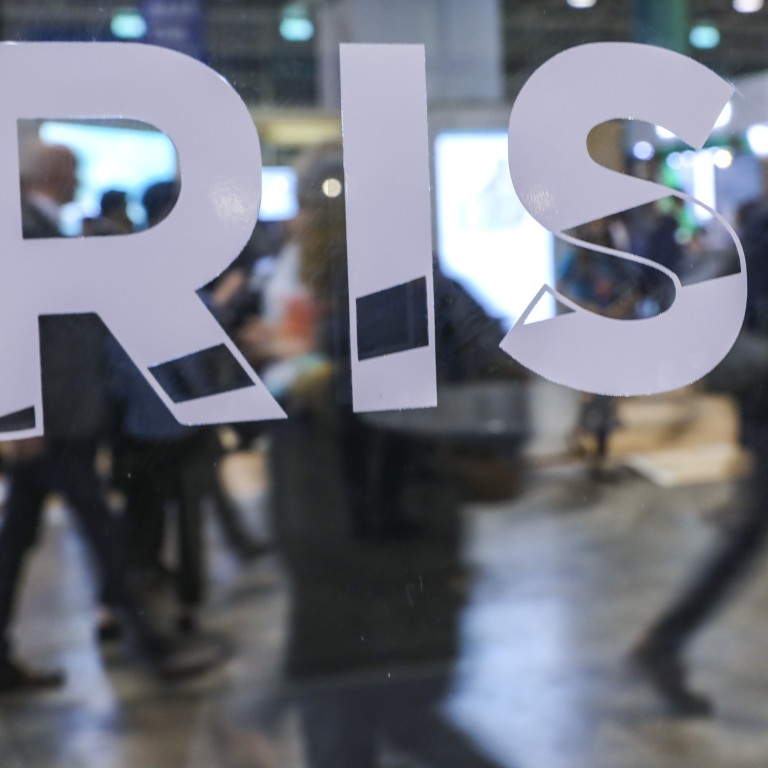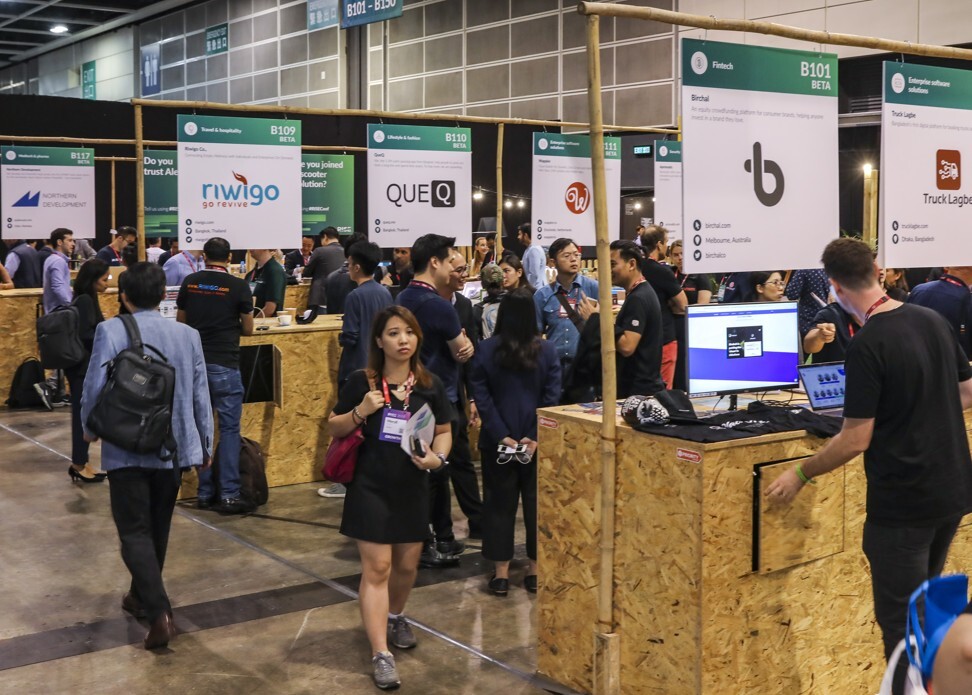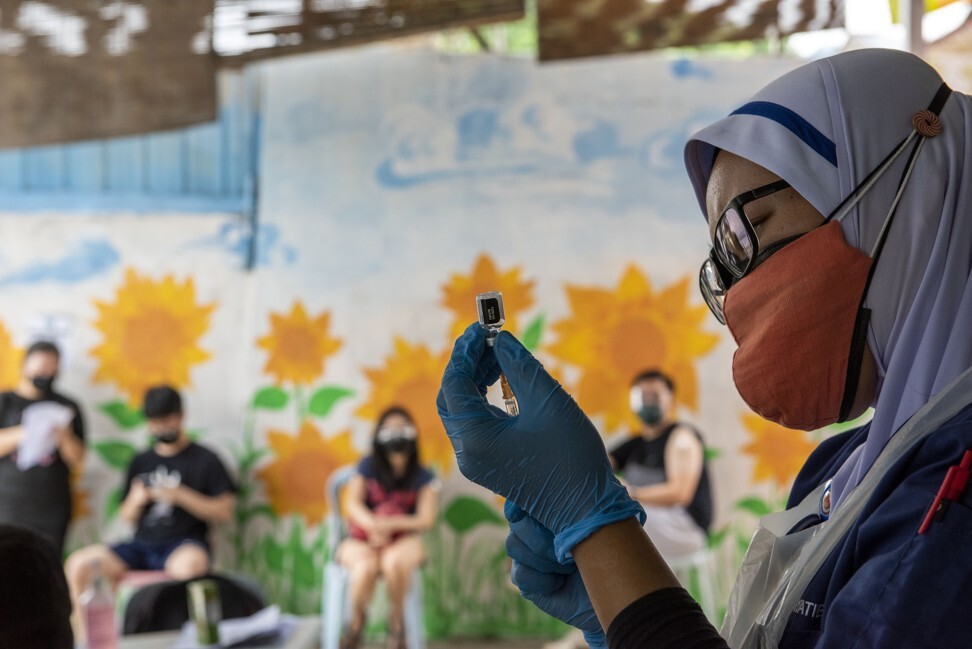
Malaysia loses opportunity to host RISE tech conference amid coronavirus woes
- The next edition of RISE is scheduled to be an in-person event in Hong Kong in March 2022
- Organisers said last year they would move the conference to Kuala Lumpur, as tech firms fretted over China’s increasing control of Hong Kong
Malaysia has lost the opportunity to host the RISE tech conference, in a blow to its embattled economy as it becomes Southeast Asia’s new coronavirus hotspot.
Organisers of the event on Thursday said plans to move the 2022 conference to Kuala Lumpur would be cancelled.
“We always intended to come back to Hong Kong at some stage,” said Paddy Cosgrave, chief executive of the annual conference, which is scheduled to take place in-person next March.
Hong Kong officials said RISE – brings together CEOs, start-ups and investors – would be hosted by the city until 2026. The event has been held in Hong Kong five times.
Organisers said last year they would move the Asia-focused conference to Kuala Lumpur in 2022, as tech firms fretted over Beijing’s increasing control of Hong Kong.
New cases in Malaysia have soared despite containment measures, hitting a record 24,599 in one day late last month and turning the country into Southeast Asia’s Covid-19 hotspot.
The ministry on Thursday reported almost 21,000 new cases, even as the country of 33 million people had reached a full vaccination rate of more than 65 per cent of adults.
The health ministry reported 249 virus-linked casualties on Thursday, taking the total death toll to more than 17,000. The national caseload stood at 1.78 million.
Malaysian PM’s new cabinet ‘old wine in new bottle’, critics say
The Southeast Asian country, usually a tourism magnet, has also kept its borders shut to travellers since March 2020, even keeping out returning nationals for a time. The measure saw the number of foreign workers plummet.
The government said recently that moving forward, it aimed to base restrictions on the numbers of people who were ill or hospitalised after contracting the virus.
Health Ministry Director General Noor Hisham Abdullah said on Thursday that hospital intensive care units were 90 per cent full. He added that around 98 per cent of new cases were showing either mild symptoms of illness or none at all.
In an attempt to drive up testing numbers to bring about a reopening of the country's economy as the virus becomes “endemic”, Health Minister Khairy Jamaluddin said on Thursday that rapid antigen kits would be made more widely available by using “bulk purchases” to push prices down.
Virus curbs have reduced output in Malaysia’s electronics and computer factories and led in turn to chip shortages as far afield as Germany, where Volkswagen and Ford have recently warned of related car production shortages.
Additional reporting by AFP, Bloomberg



